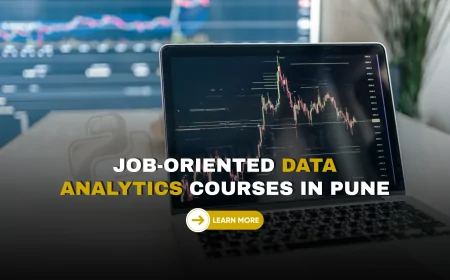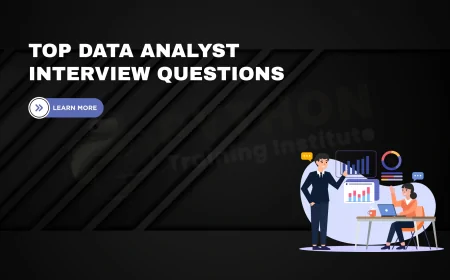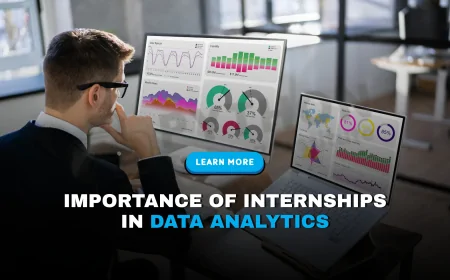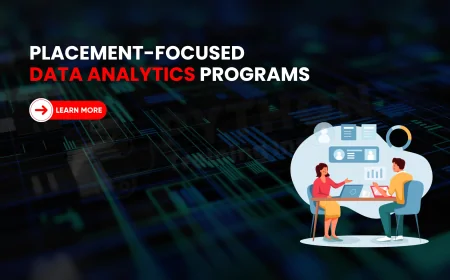Dynamic Web Application Building with Python Pune | Professional Python Web Development Classes in Pune
Learn dynamic web application building with Python in Pune using Flask and Django. Master backend, APIs, deployment, and get certified.
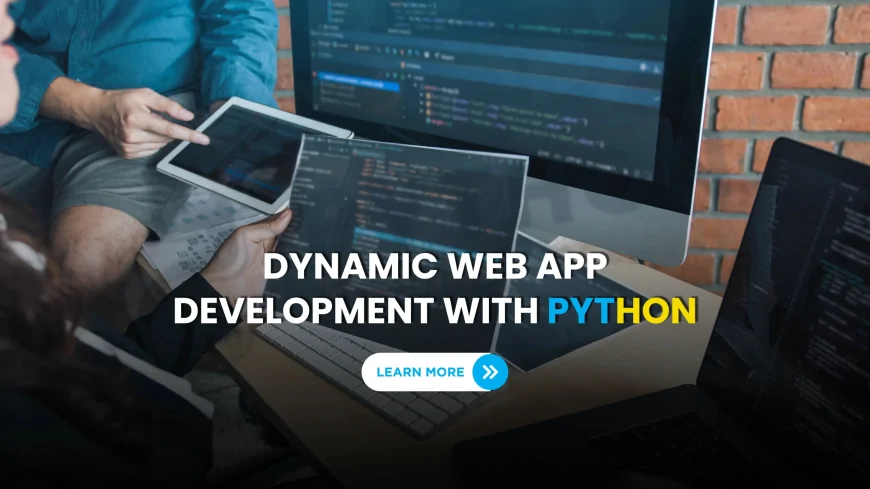
Table of Contents
- Why Python for Web Development?
- What You Will Learn
- Top Institutes in Pune for Python Web App Training
- Flask vs Django: Which Framework to Learn?
- Dynamic Web App Modules Covered
- Real Projects You Will Build
- Who Should Join This Course?
- Certification and Career Benefits
- Fees and Course Duration
- How to Enroll?
- FAQs
- Conclusion
Why Python for Web Development?
Python is widely recognized for building robust, scalable, and fast web applications. Here’s why it’s a top choice:
- Simple syntax, making it beginner-friendly
- Large developer community and resources
- Support from frameworks like Flask and Django
- Ideal for backend logic, APIs, and integration
- Seamless database connectivity
What You Will Learn
Python web development courses in Pune focus on the following components:
- HTML5, CSS3, JavaScript basics
- Python fundamentals and object-oriented programming
- Web frameworks: Flask and Django
- CRUD operations with SQL/SQLite/MySQL
- Templating engines like Jinja2
- RESTful API creation
- Form handling, session management
- Authentication and authorization
- Deployment on Heroku or cloud servers
Top Institutes in Pune for Python Web App Training
WebAsha Technologies – Offers full-stack Python development with Flask/Django, project submission, and certification.
Course Offerings & Curriculum
1. Python Programming Certification Bootcamp
Covers a range from core Python to web frameworks: syntax, OOP, file handling, regex, GUI, and introductory Flask/Django.
2. Flask Web Development Training
Hands-on training to build dynamic, lightweight web applications using Flask, emphasizing real-time scenarios and live projects.
3. Django Training – Certified Python Web Development
Project-focused curriculum including blog systems, ecommerce catalogs, REST APIs, and deployment—delivered via live sessions and backed with certification.
4. Full-Stack Python Developer Course
In-depth full-stack track covering both frontend (HTML/CSS/JS) and backend (Python, APIs, databases, deployment, Docker, AWS) .
Flask vs Django: Which Framework to Learn?
Both frameworks serve different purposes:
- Flask – Lightweight and flexible, best for small to medium apps and API development.
- Django – Full-featured, secure, and scalable. Great for enterprise-level apps.
Most courses cover both, starting with Flask and advancing to Django.
Dynamic Web App Modules Covered
- Building a web server
- URL routing and request handling
- Dynamic templates with Jinja2
- User authentication and sessions
- Connecting to databases using ORM
- Form validation and CRUD apps
- AJAX and asynchronous requests
- API creation and testing (Postman)
Real Projects You Will Build
Project-based learning is at the heart of these courses. Sample projects include:
- Personal portfolio website (Flask)
- Blog or content management system
- Online polling app
- To-do list or task manager
- Login/registration system with admin panel
- Weather or news fetching app using APIs
- E-commerce website with payment integration
Who Should Join This Course?
- IT students (BSc, BCA, B.Tech, MCA)
- Working professionals aiming to upskill
- Startup founders and freelancers
- Backend developers entering full-stack development
Certification and Career Benefits
Upon completion, learners receive industry-recognized certifications. Benefits include:
- Proof of hands-on web development skills
- Stronger GitHub/resume profile
- Eligibility for full-stack, backend, or Django developer roles
- Confidence to build production-ready apps
Fees and Course Duration
Fees & Duration
-
Typical Fees: ₹18,000 – ₹30,000 with EMI and group discount options
-
Course Length: Ranges from 4 to 12 weeks depending on course depth and format
Flexibility & Support
-
Batches: Weekday, weekend, and evening schedules
-
Support: Recordings, makeup sessions, and lifetime LMS access for continuous learning
How to Enroll?
- Visit the official website of the training provider
- Register for a demo or counseling session
- Check your eligibility and batch availability
- Pay the admission fee (EMI available)
- Start with foundational Python and move to projects
FAQs
1. What is dynamic web application development?
It involves creating websites that interact with users, databases, and APIs in real time using programming logic.
2. Is Python enough to build full web apps?
Yes, with frameworks like Flask or Django, you can build complete apps with backend, frontend, and database integration.
3. What are Flask and Django?
They are Python web frameworks. Flask is minimal; Django is full-stack and enterprise-ready.
4. Do I need prior web development knowledge?
No. Basic Python is enough. HTML/CSS/JS will be taught alongside.
5. Will I build real applications?
Yes, you will build live projects like login systems, blogs, and e-commerce modules.
6. Will I get certification?
Yes, after completing the course and project evaluations, certificates are provided.
7. Can I deploy my application?
Yes, you’ll learn how to deploy on platforms like Heroku or AWS.
8. What tools will I use?
VS Code, Git, GitHub, Flask/Django, SQLite/MySQL, Postman, and HTML/CSS/JS.
9. Will I get job assistance?
Yes, many institutes provide resume help, mock interviews, and placement support.
10. Are online batches available?
Yes, all major providers offer live or hybrid learning options.
11. Are weekend classes available?
Yes, ideal for working professionals.
12. How are assignments submitted?
Via GitHub, LMS portals, or code repositories reviewed by mentors.
13. Is JavaScript taught too?
Basic JS for DOM and AJAX is included.
14. Is the course beginner-friendly?
Yes, starts from Python basics and moves gradually into frameworks.
15. What is the average salary after course completion?
₹3.5 LPA to ₹6.5 LPA for junior devs; higher for experienced professionals.
16. Will I get access to recorded sessions?
Yes, most institutes offer full access to class recordings.
17. What types of databases are used?
SQLite, PostgreSQL, and MySQL are commonly used.
18. Can I build mobile-friendly web apps?
Yes, with responsive design using Bootstrap and Flask templates.
19. Is there a final project?
Yes, usually a capstone app that is evaluated for certification.
20. Can I get freelancer opportunities after this course?
Yes, many graduates use their portfolio to get freelance clients.
Conclusion
Dynamic web development using Python is an essential and lucrative skill in today's digital world. With frameworks like Flask and Django, Python allows developers to build powerful, scalable, and secure applications. If you're based in Pune, there are excellent training providers like WebAsha offering certified, project-based training that ensures you’re job-ready. Whether you're a beginner or an experienced coder, these courses will empower you to build live web apps and launch your career in backend or full-stack development.
What's Your Reaction?
 Like
0
Like
0
 Dislike
0
Dislike
0
 Love
0
Love
0
 Funny
0
Funny
0
 Angry
0
Angry
0
 Sad
0
Sad
0
 Wow
0
Wow
0







